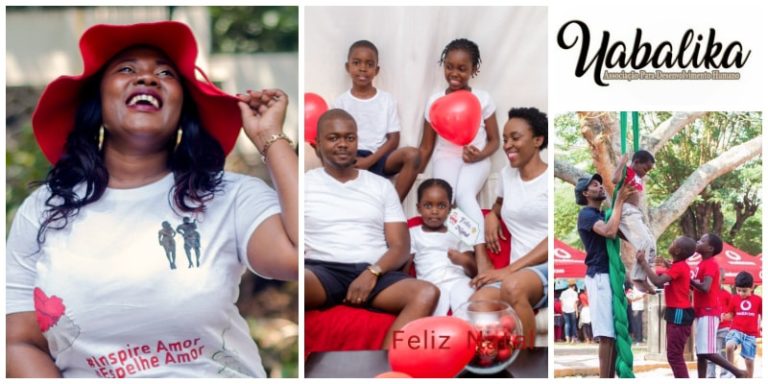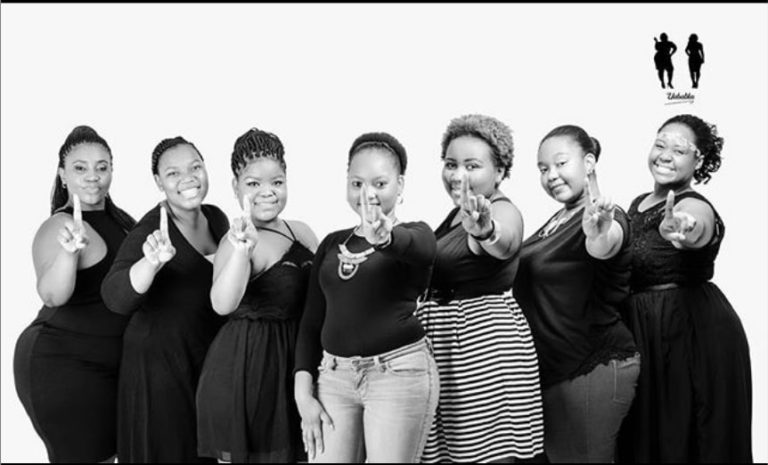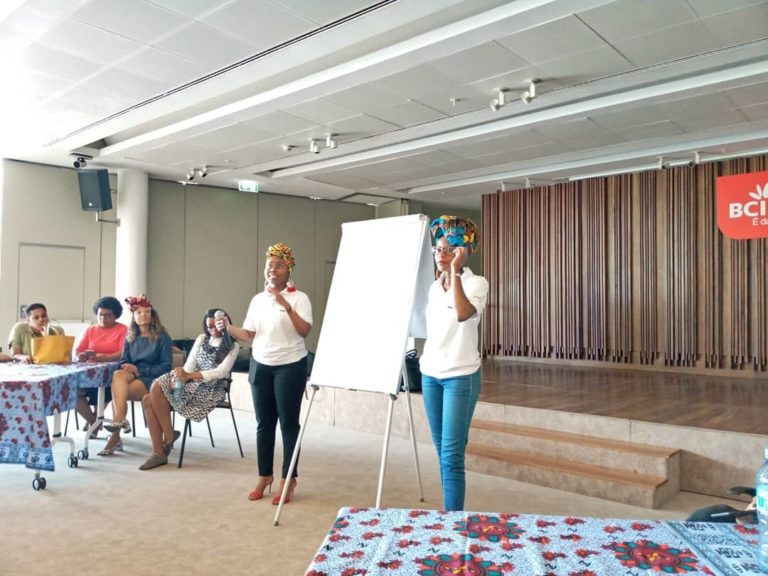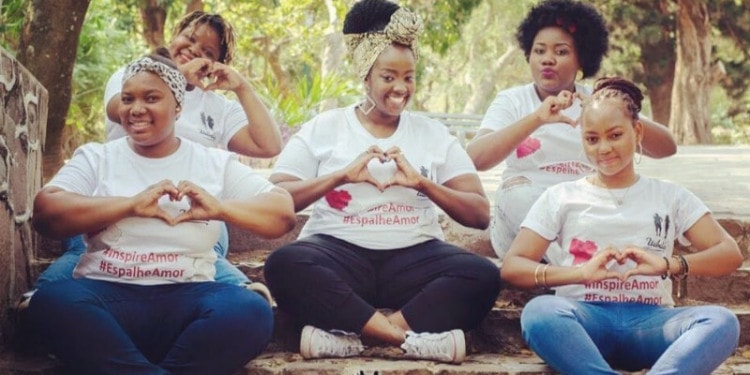Goal 5 of the United Nations Sustainable Development Goals is to achieve gender equality and empower all women and girls. This goal remains as relevant and critical as when the UN first launched the SDGs in 2015.
UNESCO reports that 31 million primary school-age girls are not in school. The International Labor Organization reports a big gender difference in the global participation rate in the workforce. When men look for work, 75% of them find it; when women look for work, only 49% find a job. And there are significant differences in regions, with some regions (North Africa and the Middle East) facing a gap of more than 50 percentage points.
 There are other aspects of inequality pervasive to women’s life that can not be easily demonstrated in statistics and data. Today’s beauty standards are often highly unrealistic and unattainable for most women. Despite their infeasibility, societies across the world still project them unto women.
There are other aspects of inequality pervasive to women’s life that can not be easily demonstrated in statistics and data. Today’s beauty standards are often highly unrealistic and unattainable for most women. Despite their infeasibility, societies across the world still project them unto women.
Famously, the feminist author and activist Chimanda Ngozi Adichie in her TedTalk said “We teach girls to shrink themselves, to make themselves smaller. We say to girls, ‘You can have ambition, but not too much. You should aim to be successful, but not too successful. Otherwise, you will threaten the man’” A view mirrored in Beyonce’s ***Flawless.
With her movement, Uabalika, Andra Massamba challenges the dominant narrative surrounding women’s perceived role in society. Based in Mozambique, Massamba works on campaigning for radical self-acceptance and the rights and equality for all women.

Could you first introduce yourself to our readers?
Andra Massamba: My name is Andra Letchissa Massamba. I am 25 years old and a graduate in the studies of management. I currently work in areas related to gender, specifically in the empowerment of women.
What was your inspiration for starting the Uabalika movement and company?
A.M. : Uabalika was born in 2013 and was initially designed to be a television show, which is still a dream. It then became a virtual store for plus-size items when I had to do a project in a college. We had to develop a business idea to respond to a need in the community.
When I finished the project, I decided to give it life. The business grew as time went on, however, with the conditions of the economy, I stopped importing as it was getting expensive to buy and resell. In 2015, I also started writing articles on self-esteem. I gave fashion tips to overweight people, shared how I overcame personal struggles as well as encouraging testimonials from others for women who did not accept their bodies.
Until then, thin people were the only ones able to write about their body and fashion. That’s when I realized that the problem of self-esteem was not only linked to being fat but that there was a serious problem of acceptance bound to unrealistic standards imposed by society. The pursuit of perfection every day can be harmful and sickening. In 2017, specifically on April 7, which is the Mozambican women’s day, I decided to collaborate with a group of friends. They were the ones who had shared testimonials with me on self-esteem and body acceptance.
We officially launched Uabalika as a movement to promote self-esteem with the saying “I love and respect differences.”

What is some of the work that Uabalika has done so far?
A.M. : In August we organized our first lecture with the theme of loving yourself and respecting yours and others’ differences. The lecture was taught by psychologist and coach Andréa Serra. In September, we held an event that challenged Mozambican designers.
This resulted in the first parade of plus size models with the support of Webera Jacy, an up and coming designer in Mozambique, and the Hotel Cardoso – Café Acacias where the parade was held. In December we launched the Christmas campaign with the slogan Inspire love, spread love. These messages of motivation, encouragement, and of love were shared all over, from Maputo, the capital of Mozambique, to Lisbon (Portugal), and even to Turkey.
Editors Pick – Related Articles:
 “SDG 5: Achieving Gender Equality”
“SDG 5: Achieving Gender Equality”
 “Female Empowerment: Setting the Stage with Simona Miculescu”
“Female Empowerment: Setting the Stage with Simona Miculescu”
In April 2018, as a way to commemorate our first year as an association, we launched the Amarra Capulana, Vamos Cultivar campaign, which aims to encourage the Empowerment of Women. The campaign invites women to think about their own financial independence and personal growth in order to reduce the issue of domestic violence against women. We also went and visited the maternity ward of Maputo Central Hospital and Matola Provincial respectively and offered Capulanas—headscarves– to all hospitalized women.
On June 30, we launched the Uabalika Kids project leading to an event on self-esteem held at a primary school with the support of the Ministry of Health’s Psychology of Special department. Uabalika Kids also had a fair held at the Hotel Cardoso, specifically in the Garden of Teachers which alludes to the Day of the African Child.
In the video: Uabalika co-founder Andra Massamba visit women in a hospital in the capital of Mozambique to give them Capulanas (headscarves). Video credit: Uabalika
What kind of work goes into Uabalika? And what motivates you to do it?
A.M. : The love of neighbor and the fact that I know I can help change someone’s life. I do social-activism, I create and develop campaigns to raise awareness of self-esteem and respect for differences, I organize lectures, and give talks related to self-esteem and social constructs.
How many people do you think have joined your campaign of self-love and empowerment?
A.M. : It is difficult to estimate the exact number because over the years we have worked with many people from men and women to children.

How has your community responded to Uabalika?
A.M. : We are seen as activists and promoters of social welfare, so much so that we are constantly invited to radio and television programs, some newspapers and magazines. When platforms want to talk about subjects related to self-esteem, they call us.
What do you think makes a social advocacy movement impactful?
A.M. : I must say that for any initiative it is necessary to love and believe in what one does, to understand and put oneself in the other’s place, that is, to empathize with others, and not to be afraid to start. Because the beginning is always difficult, people will not understand, will question, will judge but if we have love and believe in what we do, nothing and nobody can stop or prevent us from doing it. Social entrepreneurship is more an intrapersonal issue and success only depends on you and each and everyone around you.
What do you see for the future of Uabalika?
A. M. : Development is a continuous process. Our society is sick and stuck to the standards and principles that seek to control women in all areas of life. Knowing this guides our activism for inclusion and empowerment. This is a process that will only take longer if we still do not understand that the only difference between men and women are physical. Mis-understandings of gender are based on primitive education that occurs in the home and school. Freedom and opportunities must be equal for both genders. Uabalika’s campaign Let ‘s Cultivate: Love, Respect, and Peace is a call for women to create and develop steps towards their own self-empowerment.
In the cover picture: The founders of Uabalika promoting messages of love and respect. Photo Credits: Uabalika









